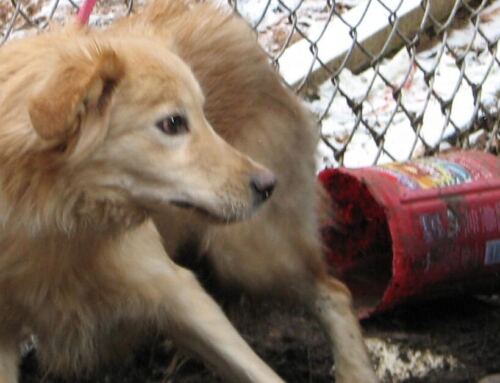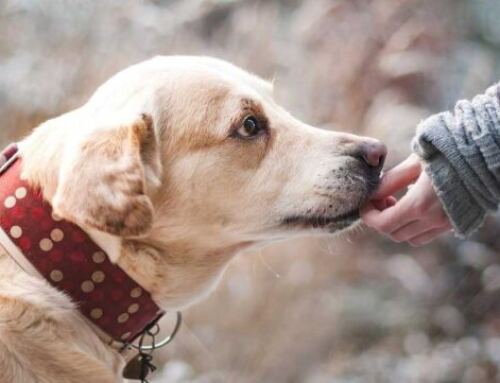I often say to owners who come to me for help that they are part of a club no one wants to be a member of, the challenging dog club. But they are not alone. In social media, with its easily shared and amplified gifs and memes the message is, it’s your dog and your problem. Your dog isn’t behaving the right way so you better sort it out. Your dog is bugging me, you dog is being rude to my dog, deal with it. Failure rests solely on our individual shoulders. This approach to problems extends beyond our pets. It’s your kid, your health, your housing crisis, deal with it. The implication is that if only you were a better person, a more resourceful person, a harder working person, this problem wouldn’t exist.
But we know that behavior is the product of an individual’s interaction with their environment. Change the environment and the behavior changes. One of the only times I brought my dog Sunny to a large group event was when I was presenting a seminar at a dog training facility. I knew that if the people in the room (other dog trainers) followed my request to completely ignore him, he’d be ok. They did and he was. How I wished that everyone in the big world knew to do the same.
It’s hard to resist the allure of blaming and finger pointing, I get it, I do it too.
The way we think about behavior matters in a fundamental way that has the potential to create changes beyond our dogs. It’s hard to resist the allure of blaming and finger pointing, I get it, I do it too. But we can move on to alternative, more imaginative ways of responding. Others have.
The animal welfare field is replete with thoughtful, compassionate and clever folks doing good work and making great contributions to improving the lives of owners, pets and the communities they live in. They have moved past the idea that each of us is solely responsible for improving the conditions we are experiencing. Groups build fences so dogs can be unchained, dog houses are given away, spay/neuter clinics are offered for free or reduced cost, scholarship and emergency funds are grown. Trainers can collaborate and share information based on a system that avoids assigning blame or labeling. Try it. It takes practice but it is possible to be able to identify conditions in the environment that can be changed to create better outcomes for more of us. Pick one and join others who are pointing in a new direction.
Join us at this upcoming event to learn more about addressing challenging behavior in animals.





